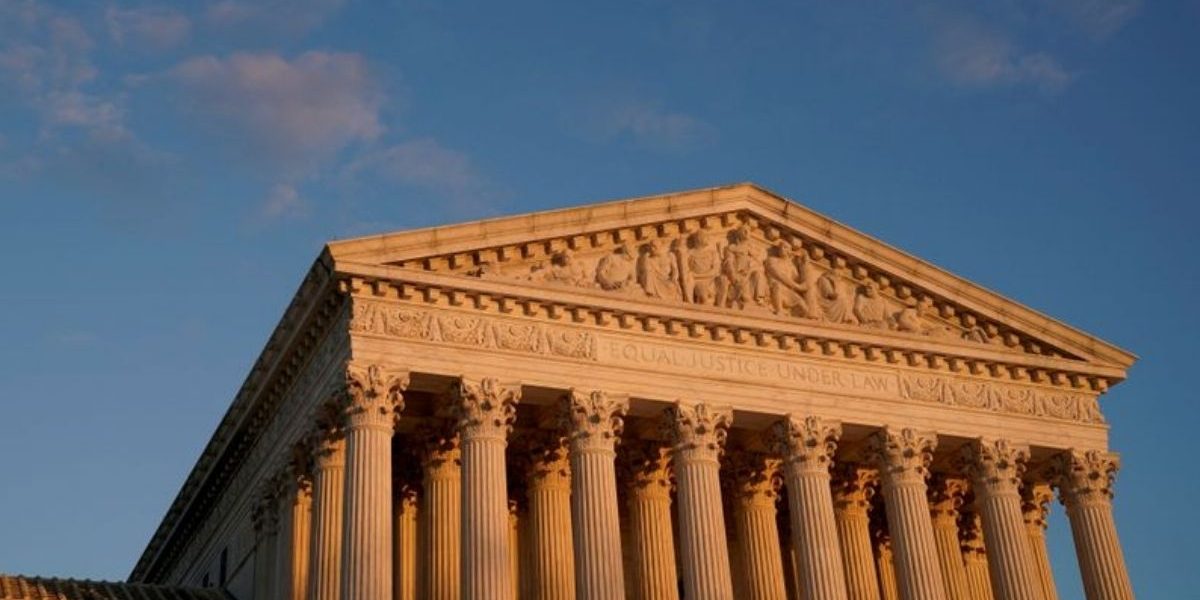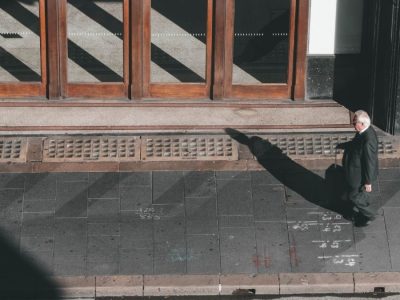U.S. Supreme Court skeptical of limiting police in home entries considering elderly

U.S. Supreme Court justices were back to the controversial issue of police powers on Wednesday as they tussled with whether it should be made easier for officers to enter a home without a warrant for reasons of health or public safety in a case involving the confiscation of a Rhode Island man’s guns.
During arguments in the case, many justices were seen skeptical of impending officers from quickly responding to grave situations where a person might be injured or die. Some justices also questioned how they could ensure that police would not abuse expanded powers to act without a warrant.
The man, Edward Caniglia, appealed a lower court ruling throwing out his lawsuit that accused police of violating his constitutional rights by taking away his guns without a warrant when he was brought to a hospital for a mental health evaluation after a 2015 argument with his wife.
Lower courts ruled that the Rhode Island city of Cranston police did not violate the Constitution’s Fourth Amendment ban on unreasonable searches and seizures.
The public scrutiny of police conduct has increased which includes how authorities deal with mentally ill people after the protests in many cities last year against racism and police brutality.
Conservative Justice Brett Kavanaugh said the case points out two common situations. One is older people falling and the other are suicides- in which imposing heightened requirements on police would make them act slowly or back off.
Kavanaugh told Caniglia’s attorney, Shay Dvoretzky that the statistics are huge on older people dying from falls.
However, Liberal Justice Sonia Sotomayor raised questions about giving police the authority to judge the seriousness of the situation on their own without, for instance, the advice of mental health experts.



